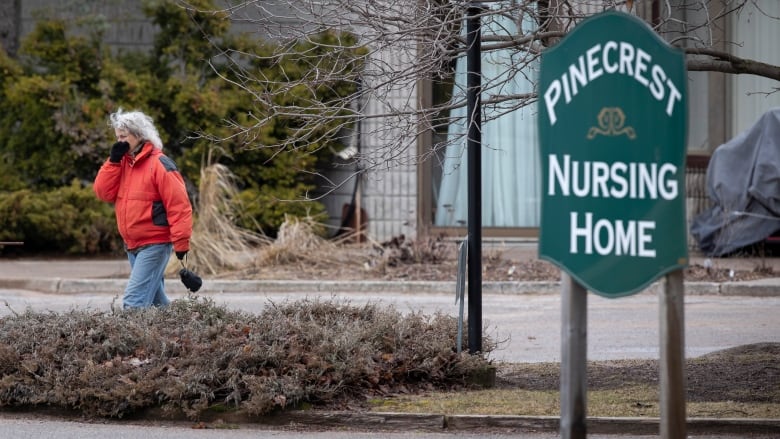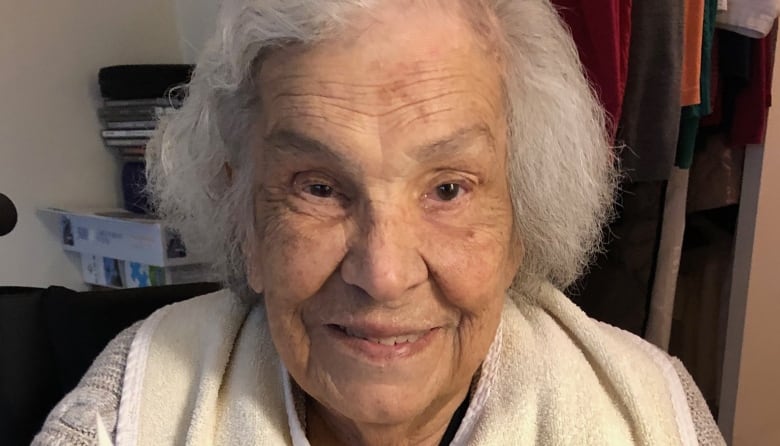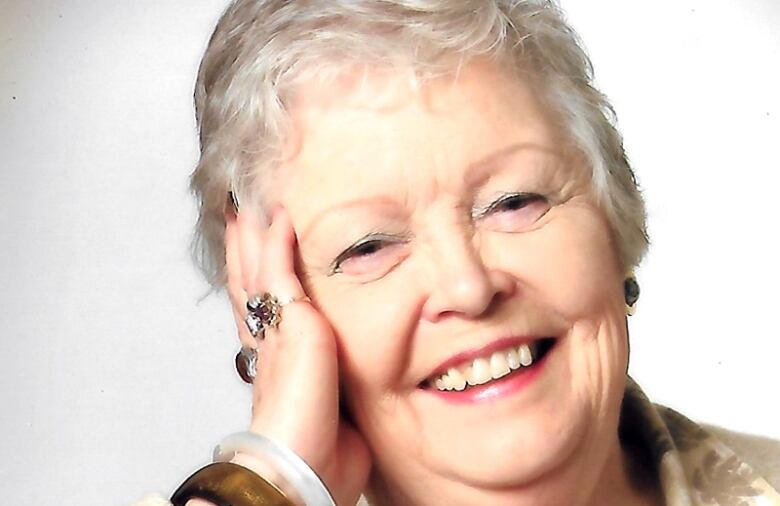Long-term care homes are worrisome COVID-19 hotspots
Pandemic has led many homes to go far beyond their usual infection control protocols

Monday's news of a deadly outbreak of COVID-19 in a long-term care home in Ontario has once again put the spotlight on how these facilities are coping with the pandemic, and what measures are being taken to protect their residents.
The Pinecrest Nursing Home in Bobcaygeon, about 150 kilometres northeast of Toronto, has lost 12 residents, and a volunteer whose husband is a resident also died.
It's a big heartbreak for a little town, and that pain is being experienced by Canadians across the country.
On Tuesday, a care home in Calgary reported its third death, while a home in Toronto, the Rekai Centrereported one of its residents died. There have been at least 29 deaths at seniors' residences throughout Ontarioand four in Quebec.
Lynn Valley Care Centre in North Vancouver was one of the first and hardest hit seniors homes in Canada. It's where the country's first death related to COVID-19 occurred on March 8. In all, 11 residents died, 40 more got the virus, and 21 staff became ill.
Nineteen long-term care homes in B.C. are currently dealing with outbreaks. Several homes across the country are in the same boat.
Lessons learned
These residences are the kinds of places where an illness like COVID-19 can easily take hold. Residents share living spaces in some homes there are four people to a room as well as eating spaces and other communal areas.
They can be high traffic places, with staff, visitors and deliveries coming and going. The residents are elderly, and some may have compromised immune systems that can't fend off the virus or underlying conditions, or both. The people caring for them are hands on they can't stay a hockey-stick length away from their patients, as other Canadians are being instructed to do.
WATCH | Remembering a beloved friend who died at Pinecrest Nursing Home in Bobcaygeon, Ont.:
Long-term care homes are used to dealing with outbreaks of influenza and other illnesses within their walls, but this pandemic has led them to go far beyond their usual infection control protocols.
Non-essential visitors have been shut out for weeks now at homes across the country, and governments and home operators are implementing more restrictions.
Isobel Mackenize, the B.C. government's seniors advocate, said in an interview that lessons were learned from the Lynn Valley outbreak, and that a number of steps have been taken to prevent more residents, and staff, from getting sick.
Among those steps is a new directive from the government that each staffer can only work at one home, rather than taking shifts at multiple locations. The hope is that care workers who are unknowingly carrying the virus won't risk spreading it beyond one site.
"It is hard to think what more we could be doing now that would further reduce probabilities," said Mackenzie.
Ontario Premier Doug Ford said this week that an "iron ring" needs to go around the province's seniors to protect them. His government is among those that have dedicated more funding for increased screening, cleaning and hiring.
It also relaxed some regulations to allow homes to hire help faster.
Staffing is 'biggest concern'
Jane Meadus, of the Advocacy Centre for the Elderly, said the new hires must be properly trained before they head into the homes.
"I think the biggest concern right now is around staffing," said Meadus.
WATCH | Takeloved ones out of long-term care if possible, says CARP
Meadus said with family members not allowed to visit, her other main concern is social isolation felt by residents. She said she knows homes are working hard to connect them through technology and other means.
Miranda Ferrier, of the Canadian Support Workers Association, says more help in the homes will be welcome. There was already a staffing shortage before the pandemic, and now PSWs, nurses, and other staff have the added burden of covering for co-workers who are sick or have to stay home and self-isolate because they were exposed to someone who tested positive.

Ferrier said her members are burned out and stressed out, but determined to be there for their residents.
"They are scared, they are desperate for help. They are worried about their residents," said Ferrier. "They are worried about getting COVID-19, they are worried about bringing it home to their families."
One strategy being used to ease some of the staffing pressure is to bring retired PSWs back to work, said Ferrier.
Support workers, like some doctors and nurses working in hospitals, are anxious about the supply of personal protective equipment, she said. "They are putting a lot of faith in the government that they will help protect themselves," Ferrier said.
New measures
Michele Lowe, managing director of Nursing Homes of Nova Scotia Association, said homes in her province watched what unfolded in B.C. in early March and quickly ramped up their protocols.
On March 13, they took the extraordinary step of banning visitors from homes, and have made adjustments within homes to allow for physical distancing. Meal times are now staggered so there are fewer people in the dining rooms. Both residents and staff have their temperatures taken twice a day, too, she said, even if they are feeling healthy.

Lowe said there is confidence that the homes are well-prepared for outbreaks, but acknowledged there is some concern about what lies ahead.
"We are certainly navigating uncharted waters here and really trying to prepare as best we can," said Lowe.
Despite all the preparations and measures taken to avoid outbreaks, however, B.C.'s seniors advocate knows people are worried.
"You don't want to instill unnecessary fear or angst, but we have to be responsible in communicating possibilities and what the facts are," said Mackenize.
"And the fact is an outbreak could happen in a care home where your mom or dad or grandma or grandpa are. That is possible, and we can't promise that it won't."














_(720p).jpg)


 OFFICIAL HD MUSIC VIDEO.jpg)
.jpg)



























































































